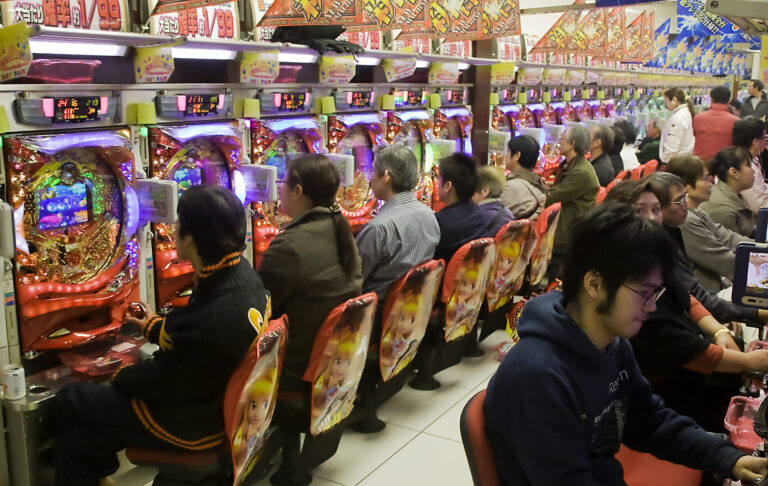Oftentimes translation from Japanese into English isn’t direct. “~N desu,” or the casual form, “~n da,” is one such example. The phrase is added at the end of sentences to sort of imply a reason for the sentence based on the context of the conversation. Translations often include “That’s why…”, “As it happens…”, or “As a matter of fact…”, but more often than not, no translation at all is necessary.
Take a sentence with and without “~n desu” at the end and let’s compare the meanings: “My mother came this morning.”
Kono asa haha ga kimashita.
Kono asa haha ga kurun desu.
Note that the version of the sentence with “~n desu” requires that the verb return to its unconjugated or informal state. Both of these sentences can translate to “My mother came this morning.” However, the second one carries an implication that depends on the context of the conversation. For example, if someone asked the speaker, “Why are you late?”, the second version of the sentence implies that it was because the mother stopped by, perhaps for an unannounced visit, that the speaker is late.
Another implied translation of the “~n desu” ending is that the speaker is asking for assistance from the listener. For example, if you were to state, “I’m thirsty,” you’d have a couple of options (literally “My throat is dry”):
Nodo ga kawakimasu.
Nodo ga kawakun desu.
The first version is simply the polite conjugation of the declaration that you’re thirsty. The second implies that you would like the people listening to you to direct you to somewhere where you can get a drink or to join you for a drink.
You can ask a question with “~n desu ka” as well. (In casual form, the “~n da ka” is incorrect; it is simply “~no.”) If you want to imply that you would really like to hear the reasons behind something, simply add “~n desu ka” to the sentence. “Why did you quit school?” can be asked in a couple of ways:
Doushite gakkou yamemashita ka?
Doushite gakkou yametan desu ka?
Both versions literally mean the same thing, but the second implies that you really want to know the full details.
Practice turning basic sentences into “~n desu” sentences. Have you ever had a discussion in Japanese before in which someone used “~n desu“? Do you think you missed the implications at the time?
No related posts.
Tags: japan, japanese language, n desu, verb conjugation



